5g has been a hot topic thrown around on the internet recently. What do we know about this innovative technology, and what's the difference between 5g vs 4g speeds? In this article, we will cover everything about this latest technology.
Let’s dive in!
What is 5g?
5G is the fifth generation of broadband cellular networks that brings new capabilities to the table such as ultra-fast speeds, ultra-low latency, more reliability, and increased availability.
It enables a new kind of network that can connect virtually everything together like machines, objects, and devices.
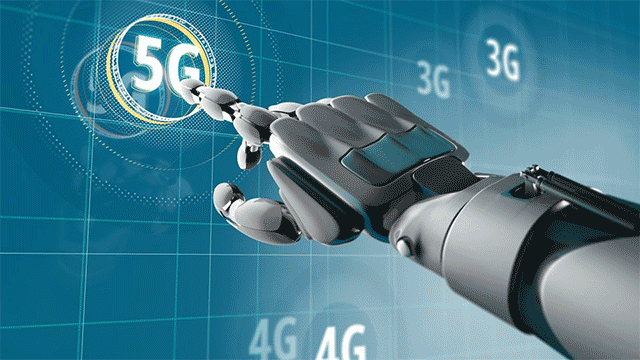
5g vs 4g speeds comparison
Higher performance and improved efficiency of this technology empower new user experiences.
How does 5G work?
5G networks can be built in from various wavelength bands: low-band, mid-band, and high-band.
High-band frequencies are able to carry more data in populated areas and have limited penetration in buildings. Mid-band provides broader coverage than high-band is less affected by buildings. Low-band can travel farther than the other bands and can provide better coverage and signal both indoors and outdoors.
Why should you upgrade to 5G?
A comparison between 5g vs 4g speeds will give you why you should go for 5g.
Firstly, 5g enables you to do all the things online much faster and more reliably. The 4G network has become crowded in some regions and countries, leading to slower networks. 5G can handle up to a million devices per square kilometer, so you don’t need to
5g vs 4g speeds comparison
Well, when talking about the differences between 5g speed vs 4g speed, the first thing that comes to our mind may be connectivity. It is a key factor to assess your Internet strength and quality. Below are some main differences between the two types of networks.
Connectivity
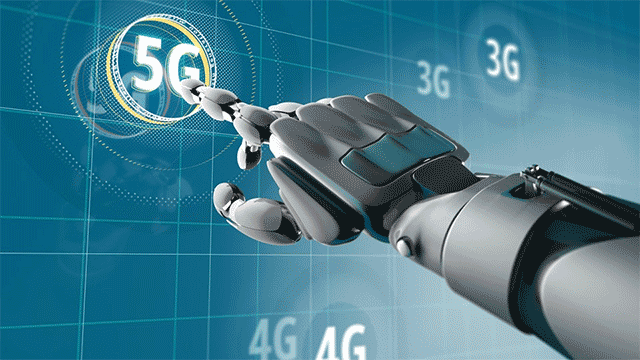
What's the Difference Between 5g vs 4g Speeds?
How fast your connections are affected by many factors like population density, routers, distance.
5G networks are expected to solve the problems related to these aspects and to enhance mobility, energy, speed, and range of services.
Better efficiency implies that 5G uses less energy than 4G LTE. Better connectivity can also accommodate people living in urban areas and solve their problems of high latency or speed issues.
Speed
Regarding 5g vs 4g speeds comparison, 5G can reach speeds that are 10 times faster than 4G LTE. The maximum speed of 4G LTE 1GB per second; while the number for 5G is theoretically 20GB per second.
Currently, 4G LTE is only able to use low-band frequencies (up to 6GHz), while the bands that 5G is capable of handling will range from 30GHz to 300GHz.
It can be said 5G technology is a breakthrough invention that will significantly change our internet experience. In particular, we’ll get ultra-fast speed to do every task online smoothly.
If you get 10Mb per second from your 4G network, then 5G could give you speeds of 100MB per second.
The table below shows the basic difference between 5g speed vs 4g speed
|
Types of Network |
Theoretical Speed |
Technology |
Features |
|
4G |
100-300Mbps |
WiMax
LTE |
Incredibly fast download speeds for HD Streaming. |
|
5G |
10-30Gbps |
Developing |
Ultra-fast internet, lower latency, and improved security. |
5G and network slicing
5G makes ‘network slicing’ much easier. The network can be divided into multiple virtual connections specific services or customers.
5G and lower latency
When comparing 5g vs 4g speeds, 5G networks are associated with a lower latency rate.
4G has a latency rate of 200 milliseconds, not far from the 250 milliseconds required to react to visual stimuli. Whereas, the number for 5G is dramatically lower with just 1 millisecond.
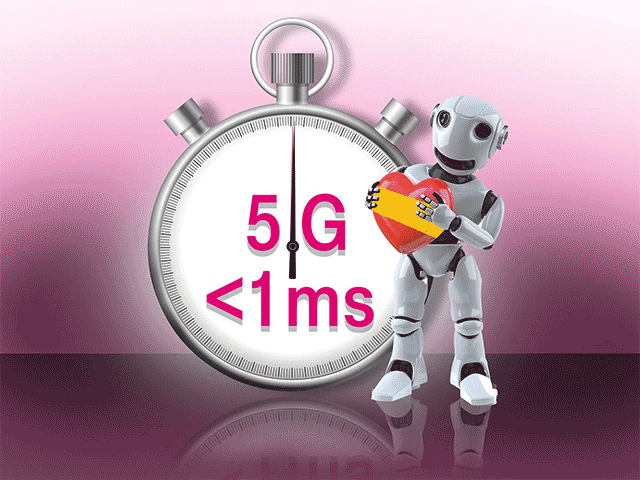
A comparison of 5g vs 4g Speeds
Low latency means sending and receiving information quickly, helping services and devices, particularly connected cars virtual-reality gaming, remote surgical operations, and translation software.
5g vs 4g speeds: Which is more securer.
Opportunities always come along with risks. This is also true for 5G.
5g means private mobile networks will be wider employed and network access on the part of third-party suppliers will increase.
This is likely to create more opportunities for hackers. Hence, when deploying 5G, it’s important to ensure correct security levels to enable trust.
In 2018, the EU’s GDPR was introduced as the reference for data protection globally. The EU is gearing up for the ePrivacy Regulation (ePR) and calling for a dialogue between network providers, and regulators, as well as to find solutions to mitigate possible risks.
5G SIM plays a role in protecting user privacy by placing pseudonyms and encrypting personal data.
So when 5G will offer consumers faster mobile internet speeds and enhanced reliability across a broader ecosystem.
Coverage
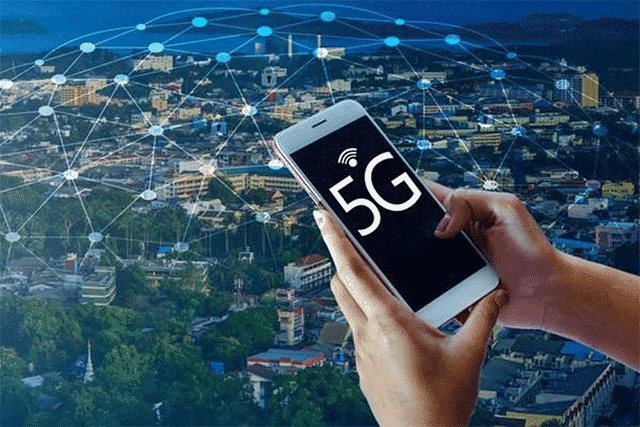
How different is 5g vs 4g Speeds?
When comparing 4g speeds vs 5g speeds, coverage should be taken into consideration. It has taken 4g years to spread across the world, and many rural areas are still using 3g networks. Even the places with 4g coverage have speeds that vary widely. It is expected that the rollout of 5g networks will follow a similar pattern to 4g, with cities being the first to gain benefits.
How to test 5g vs 4g speeds?
The quickest and simplest way to test 5g speed vs 4g lte is using the best speed test sites. You can access the website https://gospeedcheck.com/ to conduct a speed test within a few seconds at any time, anywhere. MySpeed has been widely used because of its high accuracy and reliability.
With just a clink, you can know how fast your 4g speeds vs 5g speeds are.
Can 5g replace 4g?
4G didn’t replace 3G and the same will be applied to 5G replacing 4G.
4G acts as a bridge between the densely populated cities and gives essential 5G networks essential support.
Most modern phones are 4G compatible, so 4G will have broader coverage, which provides a great level of minimum service for people living in more remote areas.
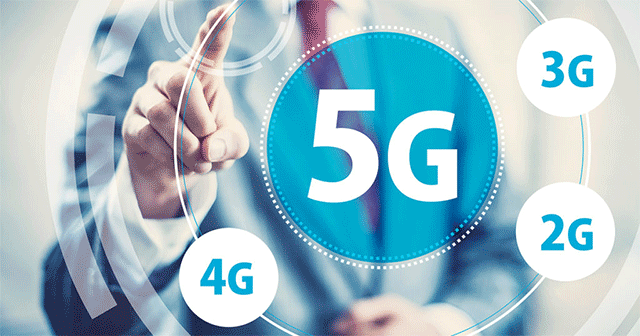
5g vs 4g Speeds you should know?
No doubt, 5g has many advantages over 4g networks, but it won’t replace 4g LTE or wired internet because:
Firstly, 5g deployment is expensive. It is estimated that establishing nationwide 5G coverage in the United States costs more than $300 billion. Moreover, consumer-level subscription plans are far more expensive than 4G LTE subscriptions, at least initially.
Secondly, some 5G IoT use cases are only 5G compatible, many others can work just as well with 4G LTE at a much lower cost. Thus, 4G will be supported in the industry further.
It is important to compare 4g speeds vs 5g speeds to see the advantages and advantages of each type of network.
What 5G enables?
This new wireless network is capable of carrying a large amount of data without huge losses, so it opens new capabilities for many emerging industries. For example, self-driving cars can use 5G to sync with each other on the road to calculate road conditions as well as other cars’ actions in real-time for better safety and traffic flow.
IoT Use Cases for 5g vs 4g speeds
It’s true that a wide variety of IoT use cases use 4G LTE. But the advanced technology will bring about new applications and use cases for 5G. Some apps are only possible with 5G speed and low latency.
Now, let’s take a look at three examples where there is a transition from 4G to 5G:
-
Traffic: Low latency of 5G is needed for autonomous vehicles. But 4G LTE speeds are just adequate for most functions related to traffic.
Some 4G LTE-based devices are able to a time signal and manage traffic in emergency response situations.
-
IoT: 5g will significantly boost industrial automation. In particular, it enables robotic controls that are currently using cables to go fully wireless instead, which makes factories more flexible and efficient.
For example, a sensor that can measure the fuel level in a remotely situated fuel tank using wireless. But the amount of data transmitted periodically is not substantial, a battery-powered 4G LTE-M is just sufficient.
-
Drones: A drone equipped with 5g Augmented Reality (AR) goggles will be able to see beyond current sight limits with low latency and high-resolution video. Drones are taking advantage of this wireless technology for search and rescue, as well as a crime scene investigation.
Conclusion
5g is, of course, not a miracle that can change everything, but you can expect to do everything with faster speed, lower latency, and better reliability security. What is the future of 5g? Well, it is not yet available to the masses, let time be answers to how much will it change the world we live in. We hope this today’s article will give you basic knowledge about 5g as well as differences between 5g vs 4g speeds.

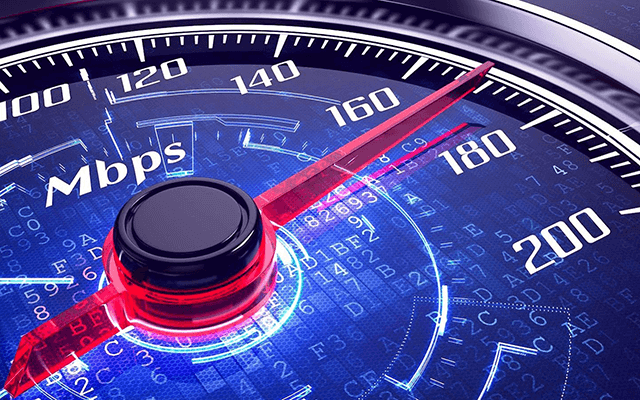
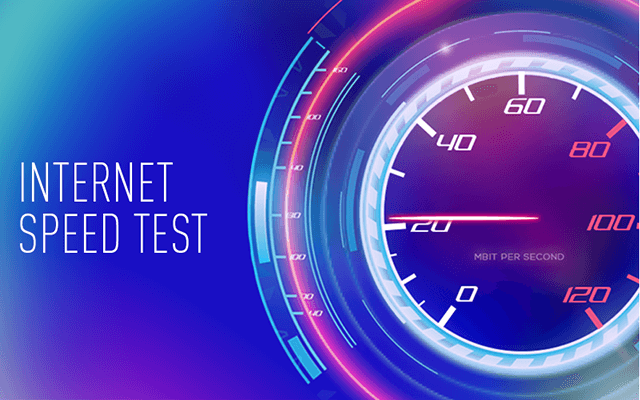


0 Comments
Leave a Comment
Your email address will not be published. Required fields are marked *